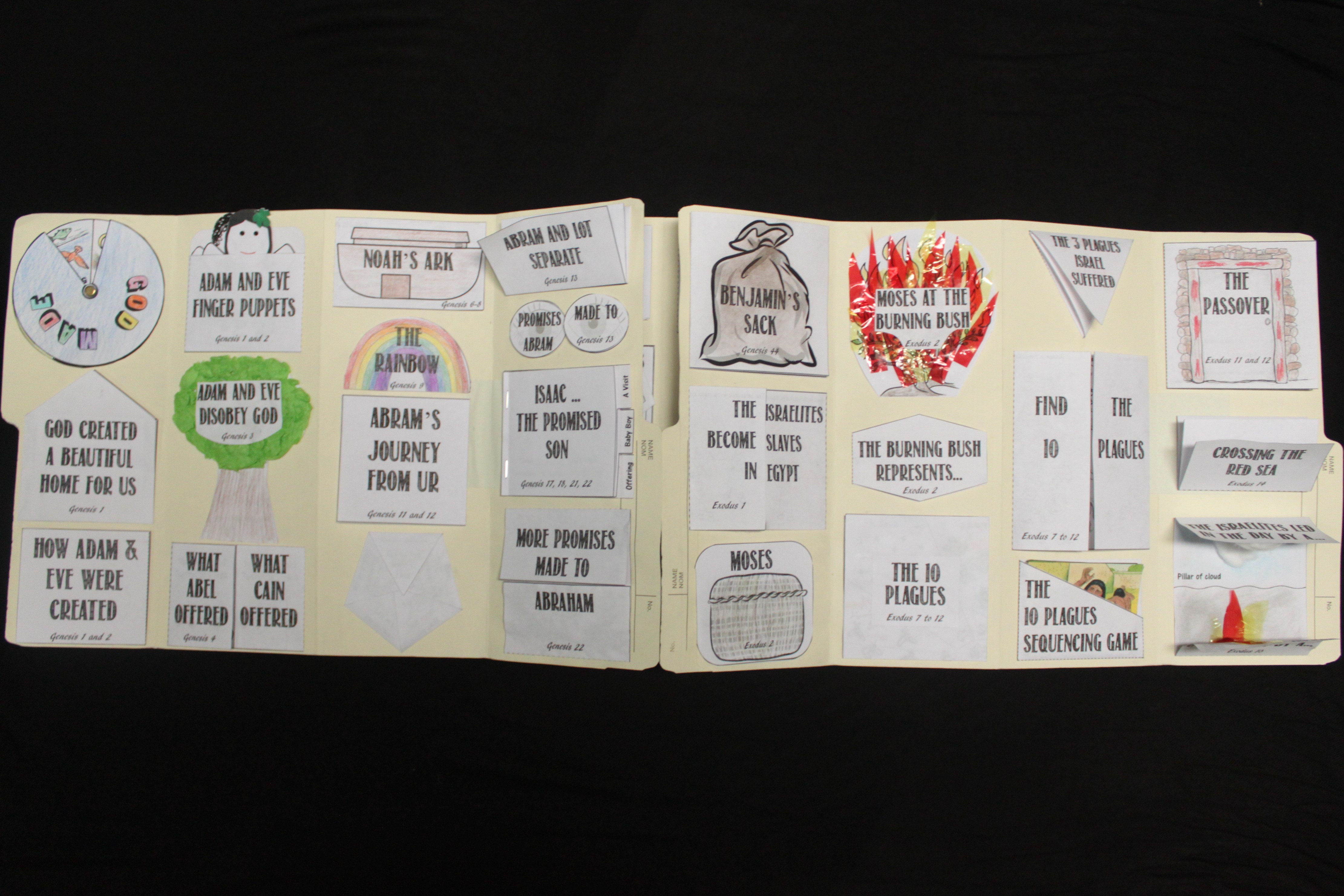• Lesson I – Background information
• Lesson II – Black Speech Sounds and Pronunciation
• Lesson III – Nouns
• Lesson IV – Verbs: Infinitive and Present Tense
• Lesson V – Verbs: Future Tense
• Lesson VI – Adjectives and Word Order
• Lesson VII – Pre- and Postpositions, Noun Cases, Phrase Verbs
• Lesson VIII – Verbs: Past Tense
• Lesson IX – Numbers
• Lesson X – Pronouns and Commands (Imperatives)
• * Lesson XII – Comparisons
• * Lesson XIII – Suffix Order and Indirect Objects
• * Lesson XIV – Questions
• * Lesson XV – Participles and Passive Voice
• * Lesson XVI – Conditional and Subjunctive Moods
• Appendix A: Prefixes and Suffixes
• Appendix B: Grammar quick overview
• Appendix C: Measures, Directions, Army Ranks
• Appendix D: List Of Abbreviations
• Appendix E: Canonical Tolkien's Black Speech
This lesson is for the truly irregular verbs, who are different in all tenses. For verbs such as Ista-etc. Which only have changes in their past tense compared to normal A-stem verbs, please see Lesson 19. In this lesson, we have learned how to use the conditional and the subjunctive moods. The conditional tense is often used with words, like 'if,' 'would,' 'could,' and 'might.' The exercise presents the students with different topics designed to generate past conditional sentences but also conversation. Explain that you don’t just want them to form 1 past conditional sentence from each point, they should explore each point fully in small groups and try to use the structure in a variety of ways: affirmative /negative.
Lesson IX – Numbers
Generally, numbers are treated like adjectives. They usually go after the word they modify (again, most orcs would probably ignore this rule). You will also notice that the Ring Verse places them before the word they modify (ash nazg... ). This may have been done for poetic reasons.
Numbers
| 1 | ash | 11 | galash | 30 | gakhgal |
| 2 | krul | 12 | galkrul | 40 | zagal |
| 3 | gakh | 13 | galgakh | 50 | krâkgal |
| 4 | zag | 14 | galzag | 60 | rutgal |
| 5 | krâk | 15 | galkrâk | 70 | utgal |
| 6 | rut | 16 | galrut | 80 | skragh |
| 7 | udu | 17 | galudu | 90 | krithgal |
| 8 | skri | 18 | galskri | 100 | bûr |
| 9 | krith | 19 | galkrith | 1000 | tor |
| 10 | gal | 20 | krulgal | 0 | nar |
Note that 21 would be krulgalash, 24 = krulgalzag, and so on.
Exercise
Translate the following numbers into Black Speech: 34, 58, 62, 71, 22, 87, 103, 245, 9068, 4862.
Ordinal Numerals
Ordinal numerals are formed the same way as adjectives. You should suffix -ûrz to a number to get ordinal. So first = âshûrz (the only exception), second = krulûrz, 5th = krâkûrz, 27th = krulgaludûrz and so on.
Word order and measures
Numerals always go after words they modify/count, and this rule is simple. But how to translate more complex expressions like
| << Previous lesson | Index | Next lesson >> |
Has anyone here ever tried the lessons? I think some of them may need some corrections and updates. Let me know your thoughts.
The Swedish LARP-orcish Svartiska was not really created by a single LARP-group but by the community of orc-larpers where different groups created different dialects.
On pronunciation
There is an orc name that begins with y - Yagul - in The War of the Ring (The History of Middle Earth, vol. 8 )
I think Tolkien pronounce Mordor in Elvish, it is after all an Elvish name meaning Black land in Sindarin (or 'shadows' in Quenya). It has nothing to do with pronunciation of the Black Speech.
And what about the sounds in the excercise: -qu- in 'throqu-' and sr- in 'srinkh-'? Especially -qu- seems out of place. Why not spell it kv or kw?
Sindarin Lessons Weebly
bjornaxen wrote:
And what about the sounds in the excercise: -qu- in 'throqu-' and sr- in 'srinkh-'?
Yes, there as some issues with qu, specially when next letter is also u. Could be also spelled like Q. It appears only in words borrowed from elvish languages. I will replace it with something else if I would create new dialect.

I think there is nothing special with sr, for me it's easier to say than thr (thrakatulat).
Does comparative and superlative adjectives, and adverbs mark plural?
The dark tower - lugbûrz; the darkest tower - lugbûrzaz; the darkest towers - lugbûrzazu
urukû ghâshuzat hîzarz lug 'the old orc quickly burned the tower'; urukûz ghâshuzut hîzarzu lug 'the old orcs quickly burned the tower'
---
edit 1. I saw that the adverb is not agreeing in number so: urukfuz ghâshuzut hîzarz lug
---
edit 2. I saw that I somehow confused the adjectives - this i now corrected.
I think adverbs do not have plural form. Adjectives do in any form
There are two collective plural, -hai and -ûk. In contrast to the ordinary plural these can be used with people and races. So we have uruk-hai (the orc people) as the most famous example. And then in the lessons (IV) there is an example of the -ûk ending used with sharkû (old man) > sharkûk 'all old men'. So both the collective plurals can be used with people and races but what is the difference between them. What does sharkû-hai mean 'all the old people' or maybe 'the society of old men' or is it equivalent to sharkûk? Or is it just gibberish.
Sindarin Dictionary
In lesson XIII on suffix order, verbs collective #6 two endings are given, -ûk and -âzh. The -âzh ending is used with a verb 'ufubulâzh' (will frighten them slightly). I cannot find this -âzh in the lessons or in the wordlists (there is 'azh (conj, HORN) 'also').
It seems to mean 'slightly' but then it is not a collective. Confusing
bjornaxen wrote:

n the lessons (IV) there is an example of the -ûk ending used with sharkû (old man) > sharkûk 'all old men'. So both the collective plurals can be used with people and races but what is the difference between them. What does sharkû-hai mean 'all the old people' or maybe 'the society of old men' or is it equivalent to sharkûk? Or is it just gibberish.
I think it's Scatha's mistake.
I don't like interpretation of -hai as collective plural suffix nor simply as 'folk', 'people of' etc. However I can't offer better one.
n lesson XIII on suffix order, verbs collective #6 two endings are given, -ûk and -âzh. The -âzh ending is used with a verb 'ufubulâzh' (will frighten them slightly). I cannot find this -âzh in the lessons or in the wordlists (there is 'azh (conj, HORN) 'also').
I've added this shortly before my HDD crashed. Online version of dictionary is not updated still.
Here -uuk and -aazh are something like verb's aspect (perfect and 'partial' respectively). Interpretation of '-0019uuk' as 'completely', 'fully' is taken from A. Nemirovsky's analysis
Conditional Sentences are also known as Conditional Clauses or If Clauses. They are used to express that the action in the main clause (without if) can only take place if a certain condition (in the clause with if) is fulfilled. There are three types of Conditional Sentences.
Conditional Sentence Type 1
→ It is possible and also very likely that the condition will be fulfilled.
Form:if + Simple Present, will-Future
Example: If I find her address, I’ll send her an invitation.
more on Conditional Sentences Type I ►
Conditional Sentence Type 2
→ It is possible but very unlikely, that the condition will be fulfilled.
Form:if + Simple Past, Conditional I (= would + Infinitive)

Example: If I found her address, I would send her an invitation.
more on Conditional Sentences Type II ►
Conditional Sentence Type 3
→ It is impossible that the condition will be fulfilled because it refers to the past.
Form:if + Past Perfect, Conditional II (= would + have + Past Participle)
Example: If I had found her address, I would have sent her an invitation.
more on Conditional Sentences Type III ►
Exceptions
Sometimes Conditional Sentences Type I, II and III can also be used with other tenses.
more on Conditional Sentences used with other tenses ►
Exercises on Conditional Sentences
Conditional Sentence Type 1
Conditional Sentence Type 2
Conditional Sentence Type 3
Mixed Exercises on Conditional Sentences
- Type I or II • Exercise 2 • Exercise 3Level: lower intermediate
- Type I, II or III • Exercise 2 • Exercise 3Level: intermediate
Exceptions
- Exercise on If Clauses Type I • Exercise 2Level: upper intermediate
Tests on Conditional Sentences
